Entry Category: Education - Starting with R
Ray, Mary Lee McCrary
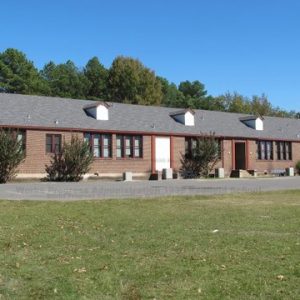 Redfield School
Redfield School
Reed, Adolph Sr.
Reng, Carl Raymond
Rhodes, Emma Kelly
Richard Allen Institute
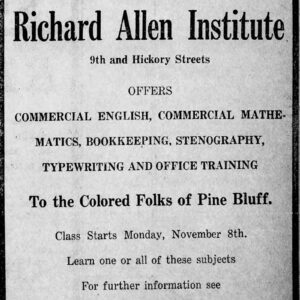 Richard Allen Institute Ad
Richard Allen Institute Ad
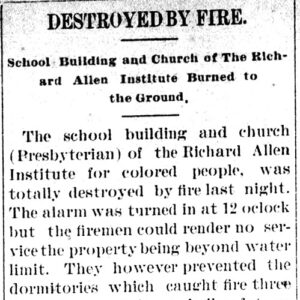 Richard Allen Institute Fire Story
Richard Allen Institute Fire Story
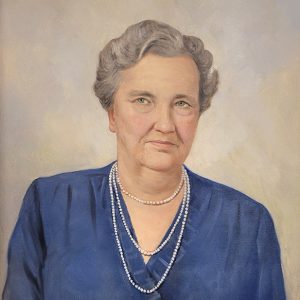 Emma Riley
Emma Riley
Riley, Emma Camille
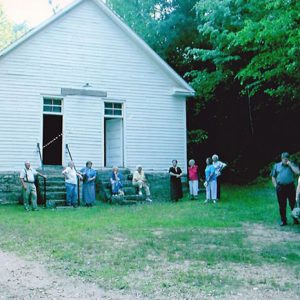 Roasting Ear School
Roasting Ear School
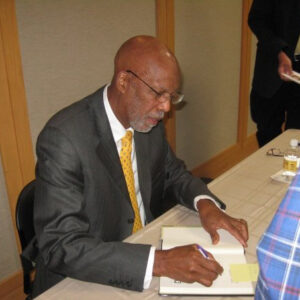 Roberts Book Signing
Roberts Book Signing
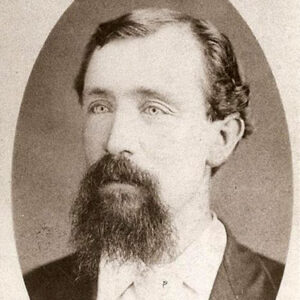 John Roberts
John Roberts
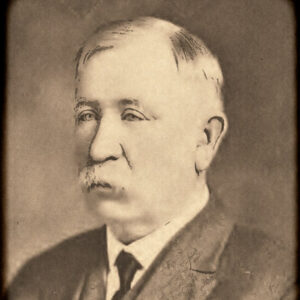 John Roberts
John Roberts
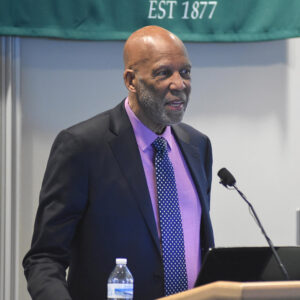 Terrence Roberts
Terrence Roberts
Roberts, Terrence James
Rogers Academy
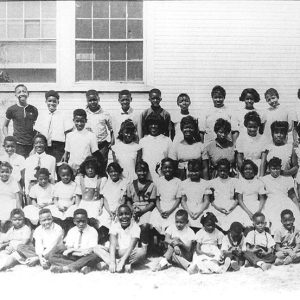 Rosenwald Class ca. 1960
Rosenwald Class ca. 1960
Rosenwald School (Delight)
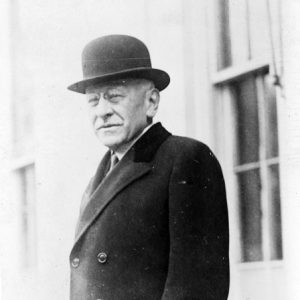 Julius Rosenwald
Julius Rosenwald
Rosenwald Schools
Rosenzweig, Irene
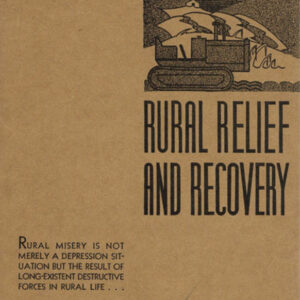 Rural Relief and Recovery
Rural Relief and Recovery
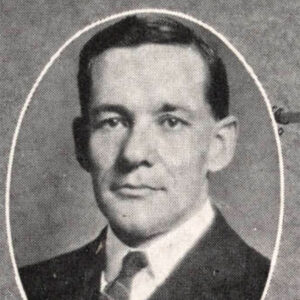 Festus Russell
Festus Russell
Rutherford, James Luin “Skip” III
 Skip Rutherford
Skip Rutherford




